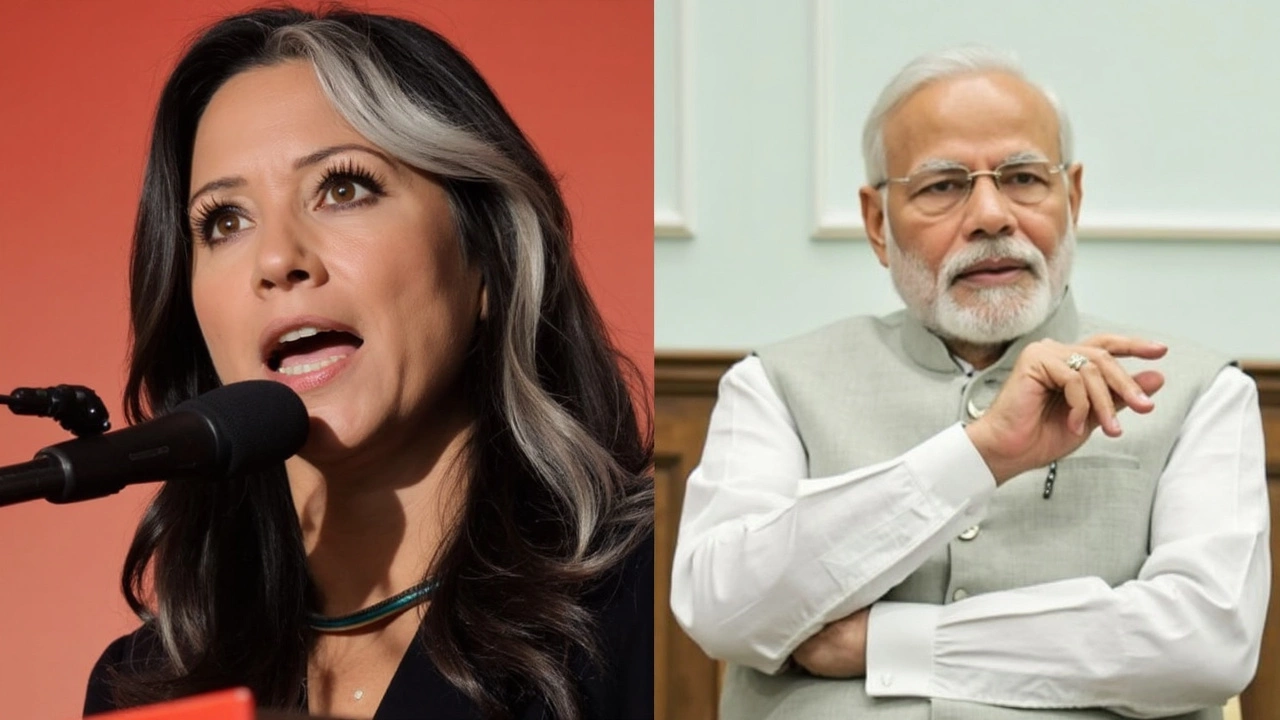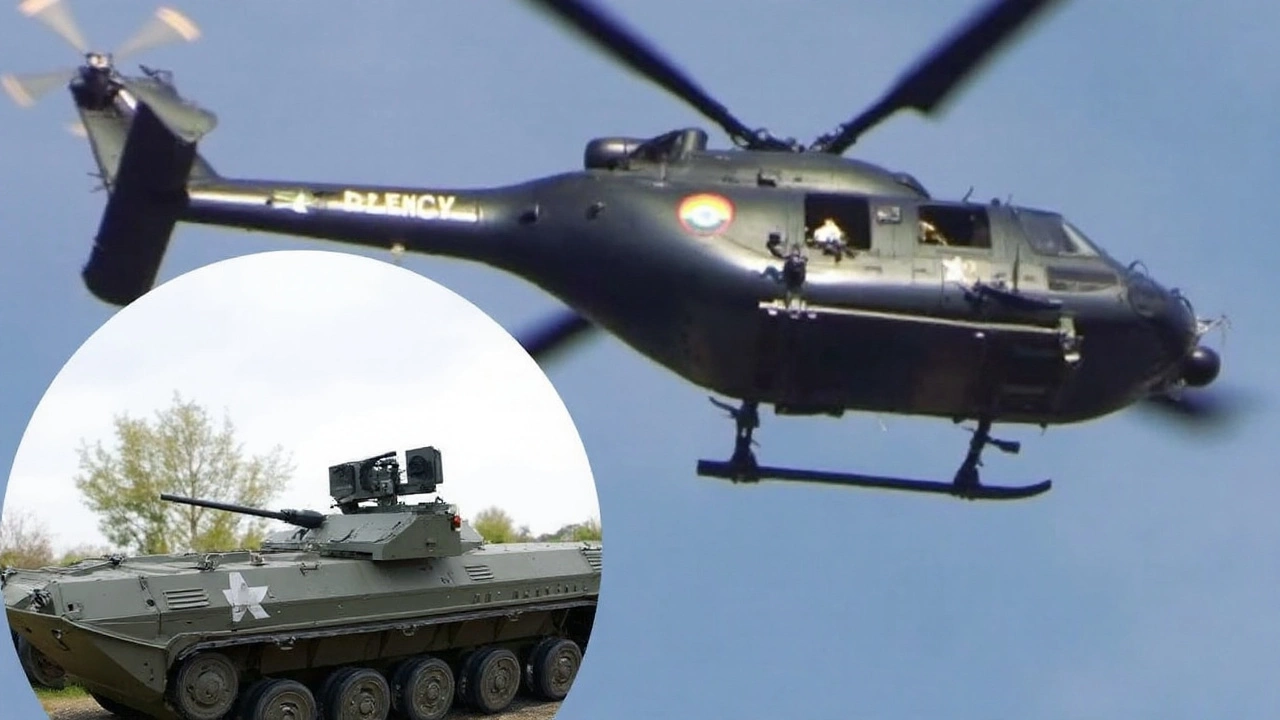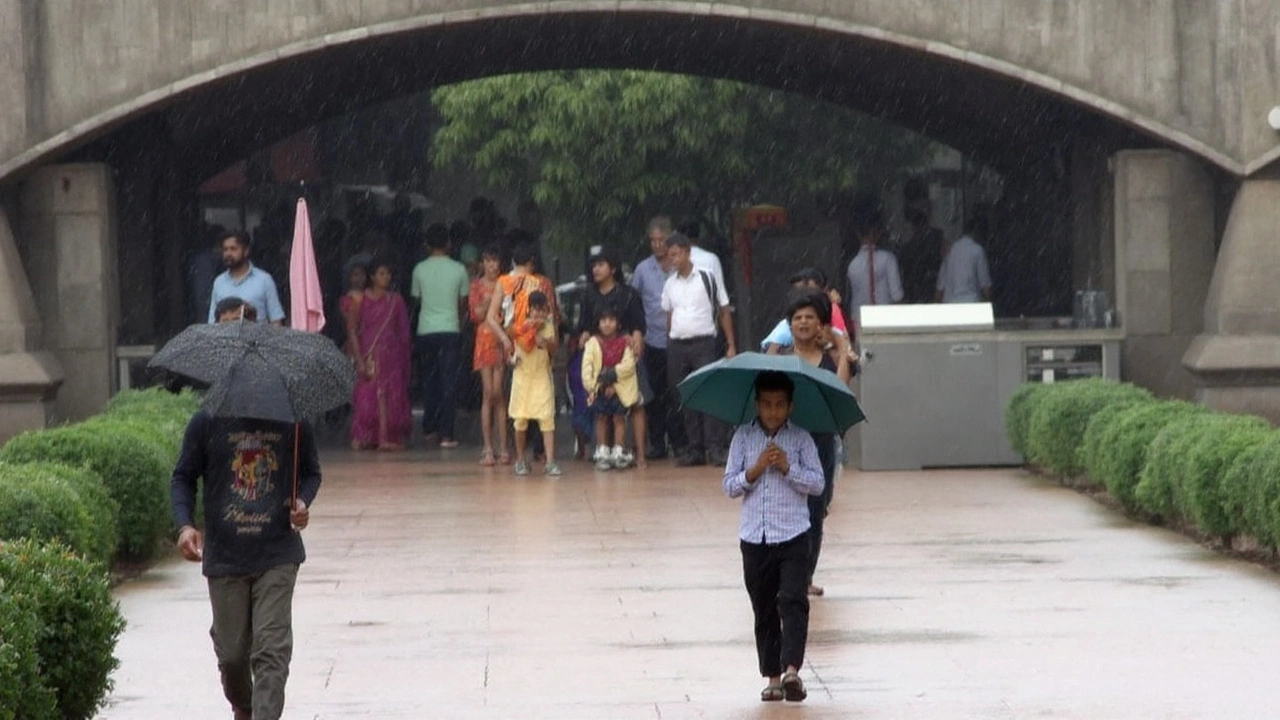Pahalgam Terror Attack Leaves 28 Dead: Global Reactions and India’s Response

Pahalgam Terror Attack: What Happened in Baisaran Valley?
The stillness of Jammu and Kashmir’s Baisaran Valley broke on April 22, 2025, as a horrific incident unfolded—gunmen opened fire, killing 28 and injuring another 20. The attack targeted civilians and left many families in mourning. Survivors described chaos, confusion, and a sense of helplessness as the violence erupted in this popular tourist spot, turning a scenic escape into a site of tragedy.
Responsibility for the bloodshed was claimed by The Resistance Front (TRF), which investigators say is closely linked to Lashkar-e-Taiba, a known Pakistan-based militant group. The method of attack—targeted, coordinated, and aimed at maximum casualties—matched the group’s disturbing track record. For Kashmir, already tense with cross-border hostility and regular unrest, this event marked one of the deadliest in years.
Local authorities wasted no time beefing up security. Counter-terrorism squads were rushed to the area within hours, and blockades popped up along major routes in and out of the valley. Political leaders, including members of India’s parliament, visited the devastated families, delivering assurances and promises of justice.
World Reacts: Outpouring of Condemnation and Diplomatic Responses
News of the Pahalgam terror attack traveled fast. The United Nations Security Council called the violence “a senseless act against peaceful civilians,” making it clear the world was watching. Both Iran and Saudi Arabia reached out diplomatically—an unusual alignment from two countries often on opposite sides geopolitically—offering condolences and urging coordinated action against terror networks operating in South Asia.
The US did not issue any statement attributed to Tulsi Gabbard, but Washington stood with India on counter-terrorism efforts, echoing a commitment to root out extremist networks in the subcontinent. Around the world, major newspapers ran front-page stories of the attack, focusing on the devastating impact on families and the worrying trend of such incidents in the Kashmir region.
Security analysts point to the persistent difficulty India faces in its fight against Pakistan-linked groups like Lashkar-e-Taiba. Despite years of international pressure, these organizations continue to find ways to disrupt the fragile peace in Jammu and Kashmir, challenging India’s security apparatus at every step.
India’s response has gone beyond words. The government ordered a review of all security protocols in the area, deployed additional military and police, and called for a renewed push in diplomatic efforts to pressure Pakistan to crack down on extremist groups operating from its territory. Political figures have also tried to reassure the public, saying the government is committed to providing security and bringing the perpetrators to justice.
With funerals taking place and the scars of the attack still raw, the conversation now shifts to what comes next. Many in Kashmir feel caught between politics, international agendas, and the reality of living in one of the world’s most volatile regions. As the world condemns the violence and India searches for answers, ordinary people in Baisaran Valley try to pick up the pieces left behind by the latest tragedy.


